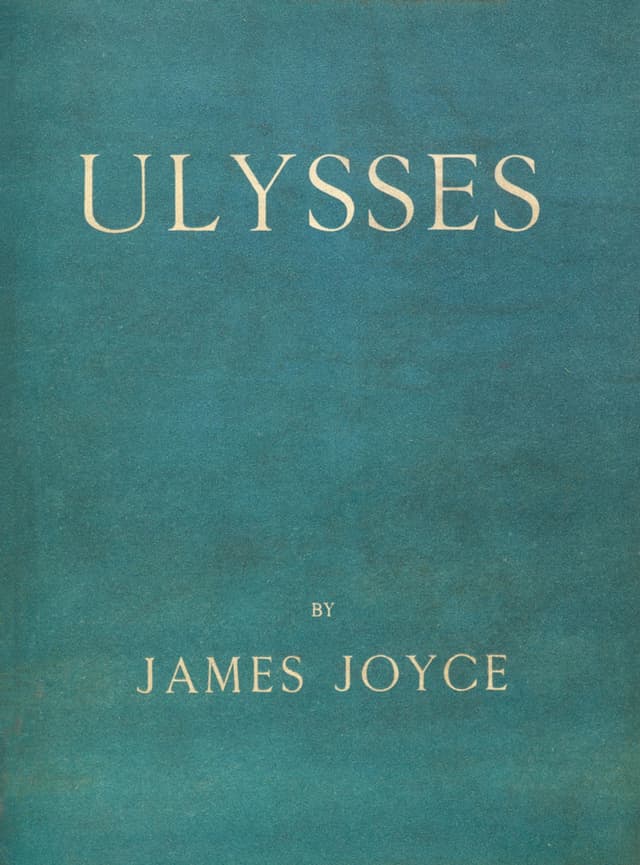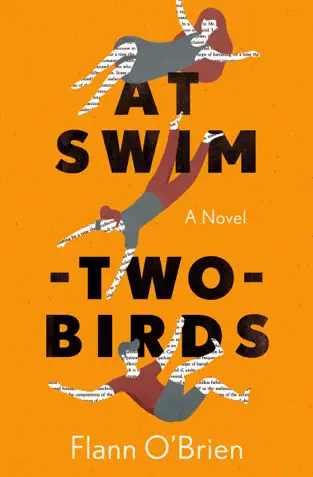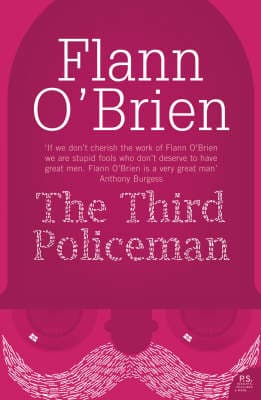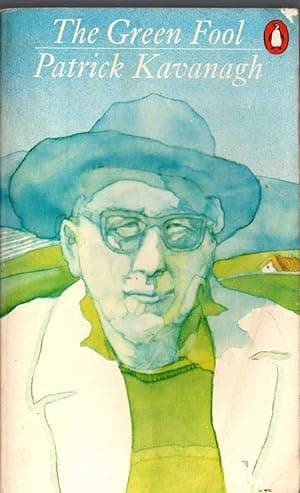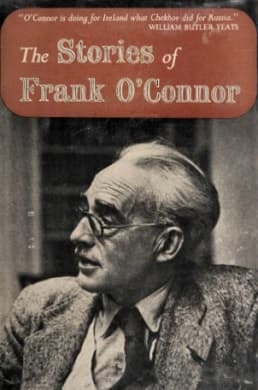
James Joyce (1882-1941), an Irish novelist and short story writer, is one of the most influential and innovative authors of the 20th century. Born in Dublin, Joyce's work is deeply rooted in the city, reflecting its culture and complexities. His early education at Jesuit schools, followed by University College Dublin, shaped his lifelong themes of Catholicism and Irish nationalism.
Joyce's literary career began with the publication of Dubliners (1914), a collection of short stories that vividly depicted the everyday lives of Dublin's inhabitants. His first novel, A Portrait of the Artist as a Young Man (1916), was a semi-autobiographical work that introduced his alter ego, Stephen Dedalus, who reappears in Joyce's later works. However, it was Ulysses (1922), a groundbreaking novel that employed stream of consciousness and other innovative techniques, which cemented his reputation as a preeminent modernist writer.
Joyce's final work, Finnegans Wake (1939), was a culmination of his experimental style, characterized by its complex language and narrative structure. Throughout his career, Joyce's exploration of language, consciousness, and Irish identity challenged and expanded the boundaries of literature. His influence is enduring, resonating in the works of countless writers and scholars. Joyce's novels and short stories continue to be celebrated for their depth, complexity, and linguistic mastery.
